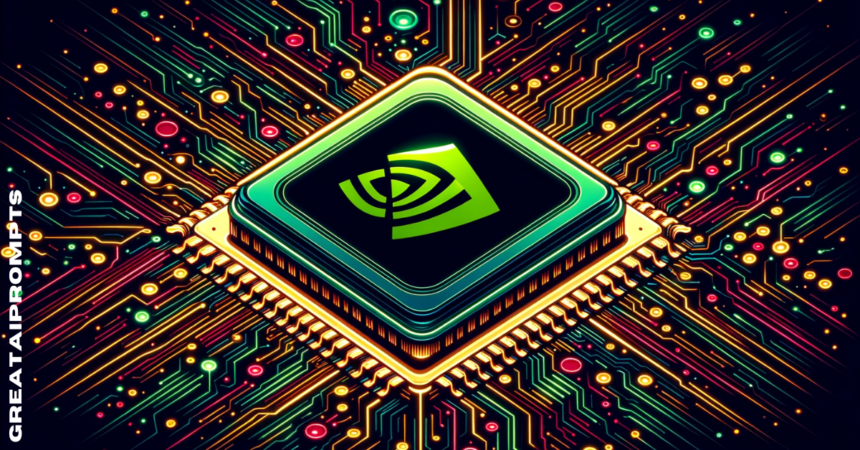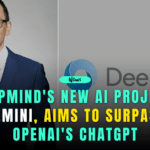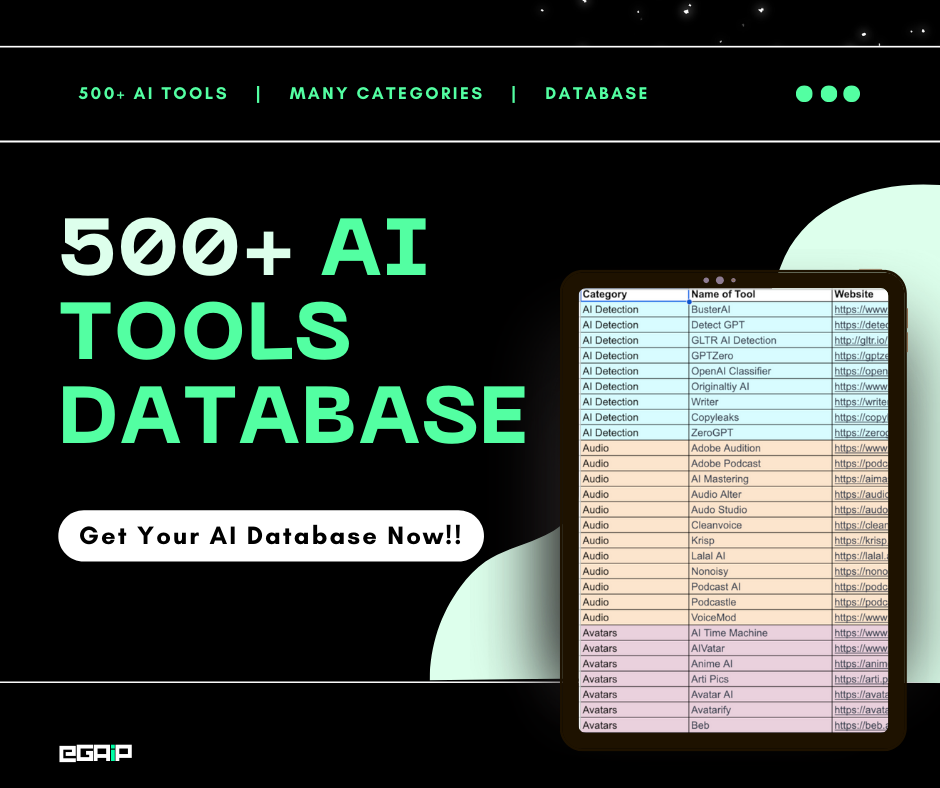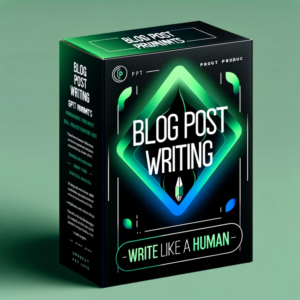- NVIDIA Research releases a paper demonstrating the use of generative AI in assisting complex semiconductor design.
- A custom large language model named ChipNeMo was developed for internal use, showing promising initial results in productivity.
- Customized models like ChipNeMo perform as well as or better than general-purpose large language models in specialized tasks.
November 1, 2023: A groundbreaking research paper released today shows how generative artificial intelligence (AI) can be a game-changer in designing semiconductors.
The research, led by NVIDIA, illustrates how even specialized fields like semiconductor design can benefit from large language models (LLMs).
Designing a state-of-the-art chip like NVIDIA’s H100 Tensor Core GPU is no small feat. The chip contains tens of billions of transistors and is designed with extreme precision.
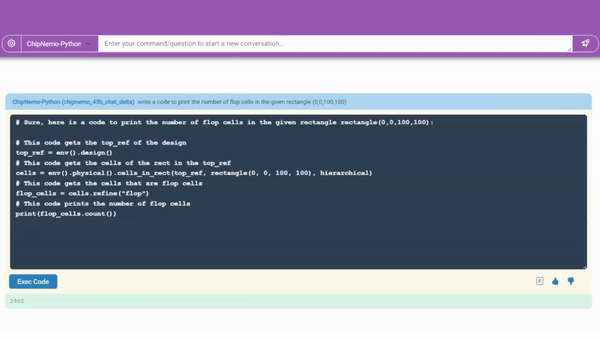
It’s a process that can take multiple engineering teams up to two years to complete.
The teams have to work on different aspects like architecture, circuit placement, and testing, using specialized methods and software.
Mark Ren, an NVIDIA Research director and the paper’s lead author, said, “I believe over time large language models will help all the processes, across the board.”
The announcement was made at the International Conference on Computer-Aided Design, a key event for engineers in the electronic design automation (EDA) field. Bill Dally, NVIDIA’s chief scientist, stated, “This effort marks an important first step in applying LLMs to the complex work of designing semiconductors.”
For their internal use, NVIDIA engineers created a custom LLM called ChipNeMo. This model was trained on the company’s own data to help in tasks like software generation and analysis.
In the future, they hope to apply generative AI to all stages of chip design. Initial uses have been promising, including a chatbot that helps engineers find technical documents and a tool that keeps track of known bugs.
ChipNeMo was developed using NVIDIA NeMo, a framework part of the NVIDIA AI Enterprise software platform. The model started with a base of 43 billion parameters and was trained on more than a trillion tokens. It underwent two rounds of further training on internal data and mixed examples.
One key insight from the research was that custom LLMs like ChipNeMo perform as well or better than general-purpose models, even when they are much smaller. Ren stressed the importance of selecting the right data and preparing it properly for training.
NVIDIA’s foray into using AI for semiconductor design is part of a broader research effort. The company has hundreds of scientists worldwide focused on diverse topics, from AI to self-driving cars.
This research joins other projects that use AI to design faster, smaller circuits and optimize block placements.


